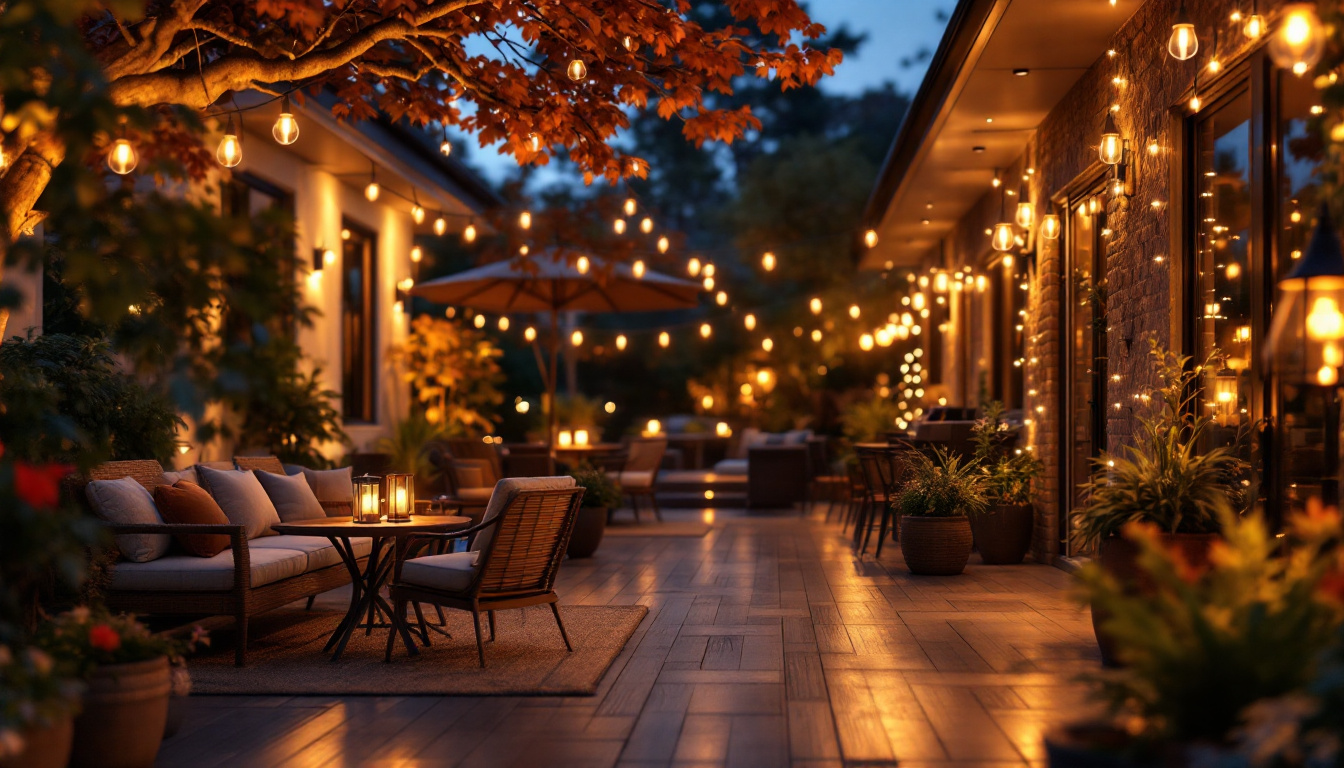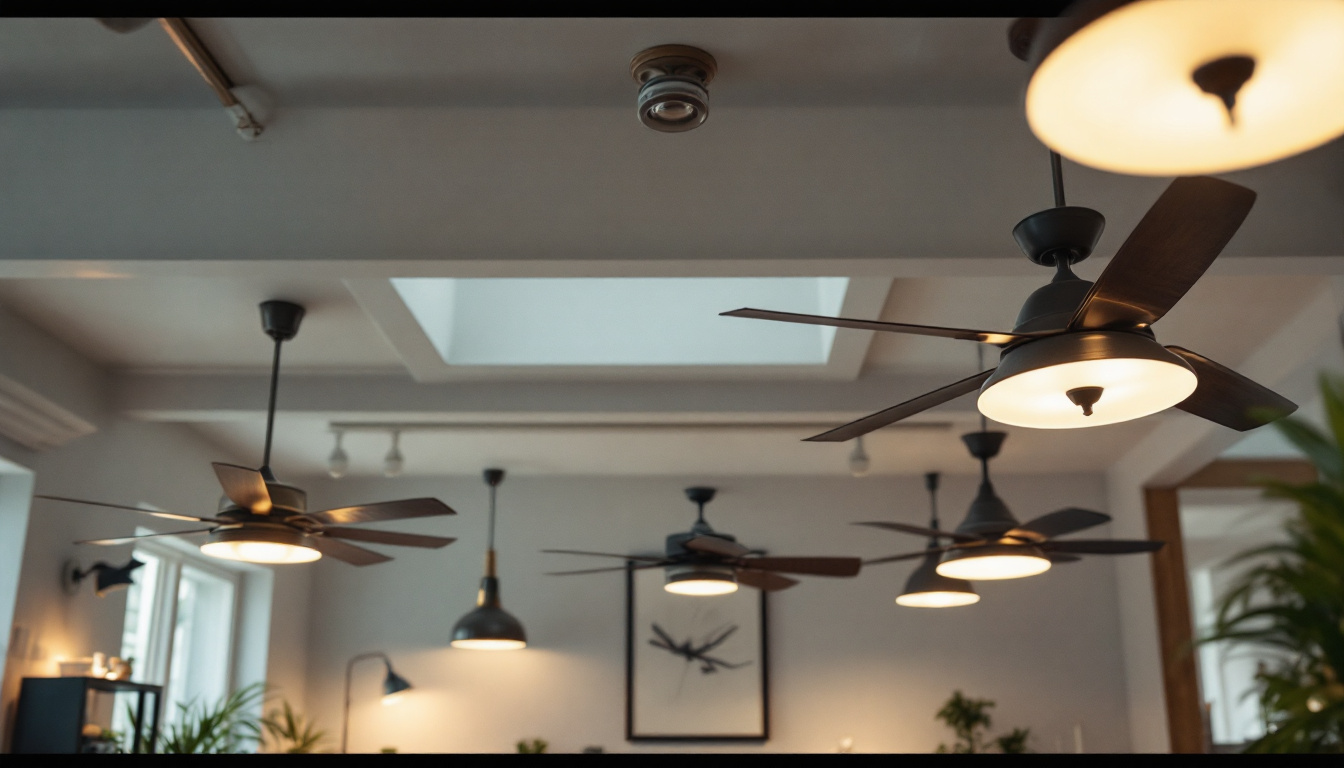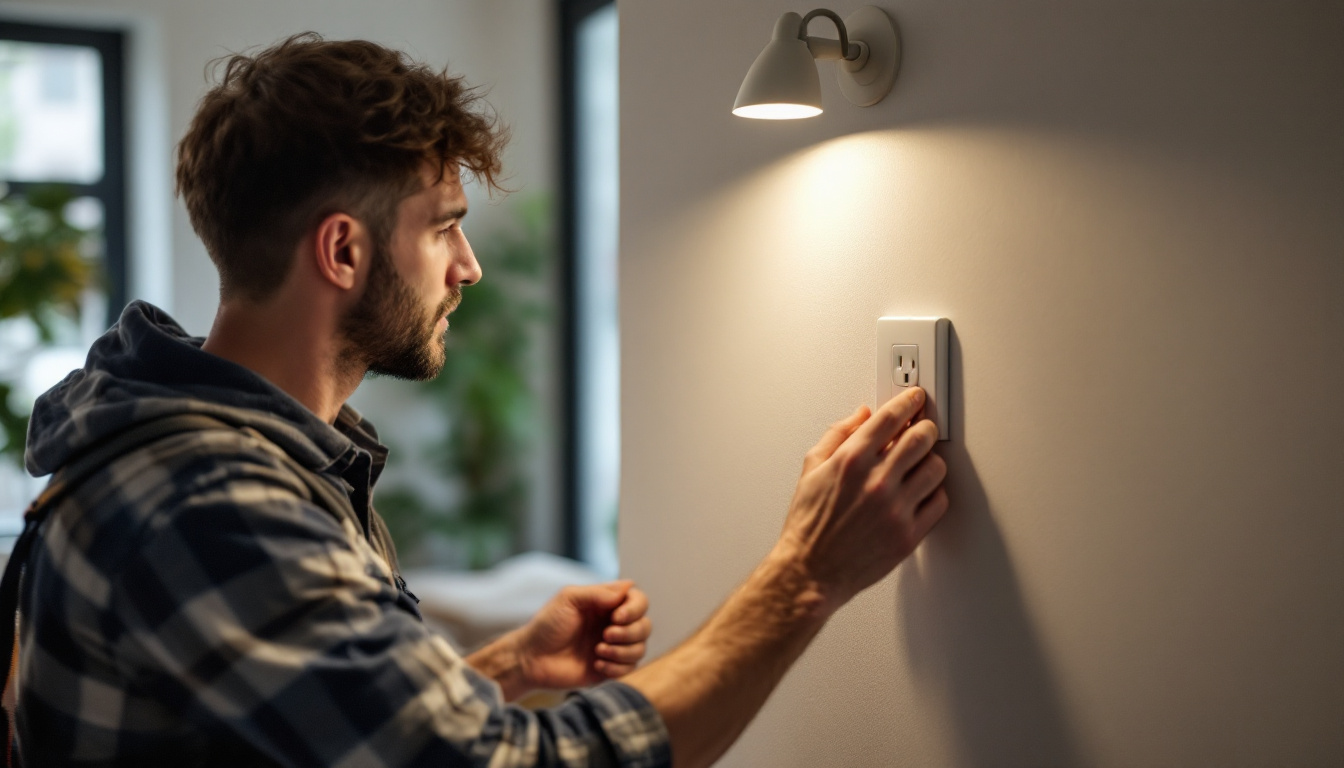

As outdoor spaces become extensions of our living areas, the demand for effective and aesthetically pleasing lighting solutions has surged. Solar lights, particularly for patios, have gained popularity due to their energy efficiency and ease of installation. However, lighting contractors face unique challenges when integrating solar lighting into outdoor designs. This article explores these challenges and offers practical solutions to ensure successful installations.
Before diving into the challenges, it’s essential to understand the technology behind solar lights. These fixtures harness sunlight through photovoltaic cells, converting it into electricity to power LED bulbs. The advantages of solar lights include reduced energy costs and minimal environmental impact, making them an attractive option for outdoor spaces. Additionally, solar lighting systems are often designed to be self-sufficient, requiring little to no wiring, which simplifies installation and reduces labor costs. This independence from the electrical grid not only promotes sustainability but also provides flexibility in placement, allowing homeowners to illuminate areas that may not have convenient access to traditional power sources.
Solar lights typically consist of several key components: the solar panel, battery, LED light, and control circuitry. The solar panel captures sunlight during the day, charging the battery, which powers the LED light at night. Understanding these components helps contractors address potential issues during installation and maintenance. For instance, the efficiency of the solar panel can vary based on its size and the quality of the materials used, while the battery’s capacity directly affects how long the lights will operate after sunset. Furthermore, advancements in control circuitry have led to smart solar lights that can adjust brightness based on ambient light levels or even be controlled via smartphone apps, offering users greater convenience and customization.
There are various types of solar lights available for patios, including path lights, string lights, and wall-mounted fixtures. Each type serves different purposes and can enhance the ambiance of outdoor spaces. Path lights, for example, not only illuminate walkways for safety but can also add aesthetic appeal with their decorative designs. String lights create a cozy atmosphere, perfect for gatherings or romantic evenings, while wall-mounted fixtures can provide focused lighting for specific areas, such as entrances or outdoor dining spaces. Contractors should be familiar with the options available to recommend the best solutions to their clients. Additionally, understanding the specific needs of the installation site—such as the amount of sunlight the area receives and the desired brightness levels—can greatly influence the choice of solar lighting, ensuring that the final setup is both functional and visually pleasing.
While solar lights offer numerous benefits, they also present unique challenges. Lighting contractors must navigate these hurdles to ensure effective installations that meet client expectations.
One of the primary challenges with solar lights is ensuring adequate sunlight exposure. Many outdoor areas, especially those surrounded by trees or tall buildings, may not receive enough direct sunlight to charge the batteries effectively. This can lead to dim lighting or complete failure of the fixtures.
To overcome this challenge, contractors should assess the site’s sunlight exposure before installation. This can be done using sunlight calculators or by conducting a simple observation over a few days. If a location is deemed unsuitable, consider recommending alternative lighting solutions or relocating the solar lights to sunnier spots. Additionally, it may be beneficial to educate clients on the importance of trimming back overgrown vegetation or relocating obstructions that could hinder sunlight access. By fostering a collaborative approach, contractors can help clients understand the long-term benefits of maintaining an optimal environment for solar lighting.
Battery performance is another common concern. Solar lights typically use rechargeable batteries, which can degrade over time or fail to hold a charge. Factors such as temperature fluctuations and prolonged periods of low sunlight can exacerbate these issues.
To mitigate battery-related problems, contractors should opt for high-quality batteries designed for solar applications. Additionally, educating clients about proper maintenance, such as periodic battery replacement, can enhance the longevity and performance of the lighting system. It’s also important to inform clients about the different types of batteries available, such as lithium-ion versus nickel-cadmium, and how each type performs under various environmental conditions. By providing this knowledge, contractors can empower clients to make informed decisions that will ultimately lead to a more reliable and efficient solar lighting setup.
Effective solar lighting design requires careful consideration of aesthetics, functionality, and safety. Contractors must balance these elements to create an inviting outdoor environment.
Solar lights come in various designs, and selecting fixtures that complement the existing patio decor is crucial. The right lighting can enhance the overall ambiance, making outdoor spaces more inviting for gatherings and relaxation.
Contractors should encourage clients to choose solar lights that match their style preferences, whether modern, rustic, or traditional. Additionally, using a mix of lighting types, such as accent and ambient lighting, can create a layered effect that adds depth to the outdoor space. For instance, incorporating solar lanterns or string lights can introduce a whimsical touch, while sleek, minimalist fixtures can provide a contemporary flair. The color temperature of the lights also plays a significant role; warmer tones can create a cozy atmosphere, while cooler tones may lend a more sophisticated feel.
Functionality is paramount when designing solar lighting for patios. proper placement of fixtures ensures that the lights illuminate key areas, such as walkways, seating areas, and features like gardens or water elements.
Contractors should consider the intended use of the space and recommend a layout that maximizes visibility while minimizing glare. Utilizing a combination of path lights and spotlights can effectively highlight features while providing safety for evening use. Moreover, it’s essential to assess the solar panel positioning to guarantee optimal sunlight exposure throughout the day, as this directly impacts the performance and longevity of the lights. Additionally, integrating motion sensors in certain areas can enhance security and energy efficiency, ensuring that lights only activate when needed, thereby prolonging battery life and reducing maintenance concerns.
Clients may have specific concerns regarding solar lights, particularly about their reliability and performance. Addressing these concerns proactively can build trust and ensure a smoother installation process.
One common concern is the performance of solar lights in varying weather conditions. Clients may worry that cloudy days will diminish the effectiveness of their lighting. Contractors should set realistic expectations, explaining that while solar lights may not perform as strongly during prolonged overcast conditions, they are designed to provide adequate lighting during typical usage.
Providing clients with information about the average performance of the selected fixtures can help alleviate concerns. Additionally, showcasing successful installations in similar environments can serve as a testament to the reliability of solar lighting solutions. It can also be beneficial to discuss the advancements in solar technology, such as improved battery efficiency and enhanced solar panel designs, which have significantly increased the performance of solar lights even in less-than-ideal weather. Clients may find reassurance in knowing that many modern solar lights are equipped with smart technology that can adjust brightness levels based on available sunlight, ensuring consistent performance throughout the night.
Clients often inquire about the maintenance requirements and longevity of solar lights. Contractors should emphasize the low-maintenance nature of solar fixtures compared to traditional wired lighting systems. Regular cleaning of solar panels and periodic battery checks can ensure optimal performance.
Furthermore, discussing the expected lifespan of the fixtures and batteries can help clients understand the long-term benefits of their investment. Providing a maintenance schedule can also encourage clients to stay proactive about their lighting systems. It may also be helpful to educate clients about the importance of seasonal maintenance, such as trimming back foliage that may obstruct sunlight from reaching the solar panels during the summer months. Additionally, informing clients about the availability of replacement parts and warranties can further enhance their confidence in the durability of their solar lights, making them feel more secure in their decision to invest in this sustainable lighting solution.
As technology advances, innovative solutions are emerging to address common challenges associated with solar lighting installations. Lighting contractors should stay informed about these developments to enhance their service offerings.
Smart solar lights have become increasingly popular, integrating features such as motion sensors, remote control, and programmable settings. These advancements can enhance the functionality and efficiency of solar lighting systems.
Contractors should consider recommending smart solar lights to clients seeking greater control over their outdoor lighting. These fixtures can automatically adjust brightness based on ambient light levels or activate when movement is detected, providing both security and energy savings.
Hybrid lighting solutions, which combine solar and traditional electrical power, can be an effective way to overcome the limitations of solar lights. These systems can ensure consistent performance, even in less-than-ideal conditions.
Contractors can present hybrid options as a viable alternative for clients who desire the benefits of solar lighting but are concerned about reliability. This approach can also allow for greater design flexibility, enabling contractors to create customized lighting solutions that meet specific client needs.
Solar lights offer a sustainable and efficient lighting solution for outdoor patios, but they come with their own set of challenges. By understanding the technology, addressing client concerns, and embracing innovative solutions, lighting contractors can successfully navigate these hurdles. With careful planning and execution, solar lighting can enhance outdoor spaces, providing beauty and functionality while promoting environmental responsibility.
As the demand for outdoor living spaces continues to grow, contractors who are well-versed in solar lighting technology will be better positioned to meet client needs and stand out in a competitive market. The future of outdoor lighting is bright, and with the right approach, contractors can illuminate patios with style and sustainability.
Ready to elevate your patio projects with sustainable and efficient solar lighting? At LumenWholesale, we provide lighting contractors with the highest quality, spec-grade solar lights at unbeatable wholesale prices. Say goodbye to local distributor markups and hello to a vast selection of reliable lighting options that meet the highest industry standards. Plus, with free shipping on bulk orders, you can stock up on premium lighting without any hidden fees. Don’t compromise on quality or value—choose LumenWholesale for the perfect blend of affordability and convenience. Wholesale Lighting at the Best Value is just a click away!

Discover the ultimate guide for lighting professionals on selecting the perfect ceiling fans.

Discover how leveraging advanced wall socket technology can give lighting contractors a competitive edge in securing more bids.

Discover essential insights into plug outlet selection with our comprehensive guide tailored for lighting contractors.

Discover why purchasing fluorescent light bulbs in bulk from local distributors might not be the best choice.
Get notified when NEW deals are released.
Optimize your budget with wholesale discounts.
Only top-quality, specification-grade lighting products.
No additional costs at checkout - what you see is what you pay.
We understand the unique needs of contractors.